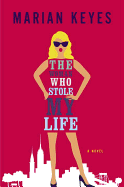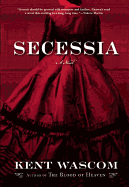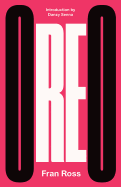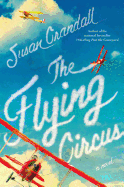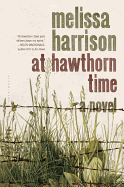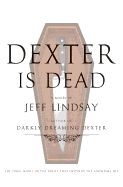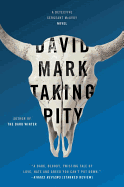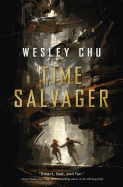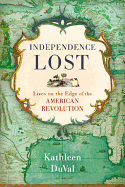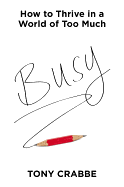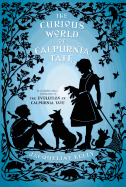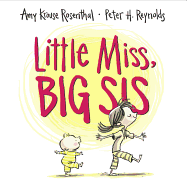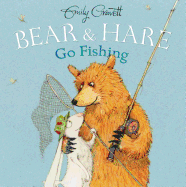Fiction
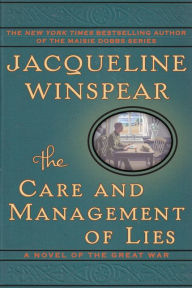 The Care and Management of Lies: A Novel of the Great War by Jacqueline Winspear (Harper Perennial, $15.99)
The Care and Management of Lies: A Novel of the Great War by Jacqueline Winspear (Harper Perennial, $15.99)
Jacqueline Winspear has crafted a novel of the Great War, told in a series of letters and recipes exchanged between newlyweds. Written in gentle, elegiac prose, The Care and Management of Lies focuses on the lives of three people: brother and sister Tom and Thea Brissenden, and Kezia Marchant, best friend of Thea and new wife of Tom.
The Visitors by Sally Beauman (Harper Paperbacks, $15.99)
Sally Beauman transports readers to Egypt in the 1920s, when explorers, archeologists and historians searched for uncovered tombs of Egyptian pharaohs and the riches they were thought to contain. The Visitors weaves together the imagined observations of Lucy, an 11-year-old girl traveling with her guardian, and two British men credited with the discovery of King Tutankhamun's tomb.
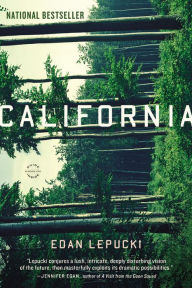 California by Edan Lepucki (Back Bay, $16)
California by Edan Lepucki (Back Bay, $16)
In her debut, Edan Lepucki has imagined a disturbing vision of a nation devastated by natural disasters, whose people struggle to survive and compete in an increasingly segregated caste system. The result is lush--layered sensations that peel back in stark black and white until the novel reaches its Technicolor pinnacle.
Shirley by Susan Scarf Merrell (Plume, $16)
Shirley Jackson is brought back to life in a quietly disturbing tale worthy of its subject. Fred and Rose Nemser are newlyweds and move into the Jackson home when Fred becomes a graduate student and teaching assistant. Jackson's husband takes Fred under his wing, tutoring him in both their profession and in marriage, but Shirley's mentorship of the malleable Rose is more complex.
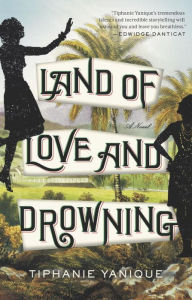 Land of Love and Drowning by Tiphanie Yanique (Riverhead, $16)
Land of Love and Drowning by Tiphanie Yanique (Riverhead, $16)
Tiphanie Yanique constructs a wide and magical world spanning three generations on the island of St. Thomas. The story begins with Owen Arthur and his women, then follows his children's and his grandchildren's lives. Yanique's diverse characters' collective story is haunting and exquisite, told with grace, vibrancy and magic.
Waiting for the Electricity by Christina Nichol (Overlook, $16.95)
Resourceful and optimistic, Slims Achmed Makashvili is everything a man in the Republic of Georgia is supposed to be. And everyone knows that Georgia is the finest country in the world. So why has it been months since Slims received a paycheck at his job? Why did he let the woman he was supposed to marry get away? Why won't the lights turn on?
Nonfiction
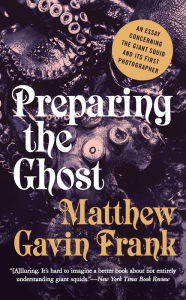 Preparing the Ghost: An Essay Concerning the Giant Squid and Its First Photographer by Matthew Gavin Frank (Liveright, $14.95)
Preparing the Ghost: An Essay Concerning the Giant Squid and Its First Photographer by Matthew Gavin Frank (Liveright, $14.95)
Matthew Gavin Frank's exploration of the giant squid's shadow on the human psyche veers from fact to lore with both verve and authority. His blustery confidence and unabashed enthusiasm is infectious; he's as intrepid and exploratory as the people who first draped a squid over a shower rod in 1874, rendering it immortal with the click of the camera.
When the United States Spoke French: Five Refugees Who Shaped a Nation by François Furstenberg (Penguin, $20)
In the 1790s, fledgling United States ally France was in revolutionary turmoil, while relations with England remained tense. Many French refugees ended up in Philadelphia, and the few years they spent there saw major shifts in American foreign policy--including the signing of the Jay Treaty and the Alien and Sedition Acts--and foreshadowed the coming Louisiana Purchase.
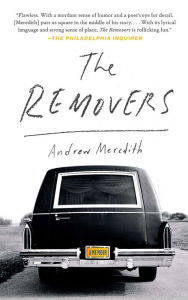 The Removers: A Memoir by Andrew Meredith (Scribner, $15)
The Removers: A Memoir by Andrew Meredith (Scribner, $15)
When Andrew Meredith was 14, his father, a teacher, was fired after being accused of sexual misconduct. He later found work as a "remover"--someone who takes away the bodies of people who died in their own homes. Meredith's experiences working alongside his father become the central thread and metaphor for the dissolution of his family and his circuitous journey of self-discovery.
The Victorian City: Everyday Life in Dickens' London by Judith Flanders (St. Martin's, $17.99)
In The Victorian City, social historian Judith Flanders reminds us that Charles Dickens was a journalist before he was a novelist. The London that stands at the hearts of his novels--so vibrant that it's almost a character in its own right--is not only a work of the imagination but the reportage of a great observer.
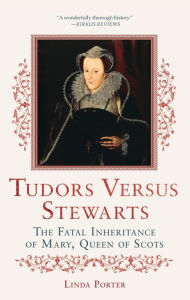 Tudors Versus Stewarts: The Fatal Inheritance of Mary, Queen of Scots by Linda Porter (St. Martin's, $19.99)
Tudors Versus Stewarts: The Fatal Inheritance of Mary, Queen of Scots by Linda Porter (St. Martin's, $19.99)
Although much ink has been spilled on the tense relationship between the royal Elizabeth Tudor and her first cousin Mary Stewart, few have tried to explain how this "perfect storm" of loyalty and rivalry developed. Linda Porter puts this infamous feud in context, beginning with the defeat of Richard III by Henry Tudor (Henry VII) at the Battle of Bosworth.
The Skeleton Crew: How Amateur Sleuths Are Solving America's Coldest Cases by Deborah Halber (Simon & Schuster, $16)
The digital age has unleashed a new breed of amateur detectives: a dedicated group using the Internet to match missing people with unidentified human remains. These civilian volunteers comb vast databases for physical identifiers, dates and locations, hoping to match a body with a missing-persons report. Journalist Deborah Halber explores the people who spend so much time and effort seeking justice for strangers.
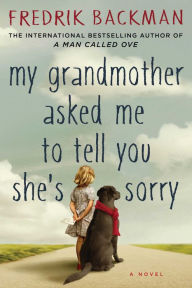 Lately I've read a few books that not only are good vacation choices, but are novels I expect I'll be rereading. Last year one of my favorites was A Man Called Ove (Washington Square Press, $16) by Swedish author Fredrik Backman, about a curmudgeonly widower determined to kill himself and why he changes his mind. Grim? Not at all; it's warm and funny. Backman's second novel is My Grandmother Asked Me to Tell You She's Sorry (Atria, $25), about a young girl and her best friend--her crazy and eccentric grandmother who spins fairy tales. When Elsa's grandmother dies, she leaves behind letters of apology Elsa is determined to deliver to their intended recipients. It's as funny and warm as Ove, and as surprising.
Lately I've read a few books that not only are good vacation choices, but are novels I expect I'll be rereading. Last year one of my favorites was A Man Called Ove (Washington Square Press, $16) by Swedish author Fredrik Backman, about a curmudgeonly widower determined to kill himself and why he changes his mind. Grim? Not at all; it's warm and funny. Backman's second novel is My Grandmother Asked Me to Tell You She's Sorry (Atria, $25), about a young girl and her best friend--her crazy and eccentric grandmother who spins fairy tales. When Elsa's grandmother dies, she leaves behind letters of apology Elsa is determined to deliver to their intended recipients. It's as funny and warm as Ove, and as surprising.








